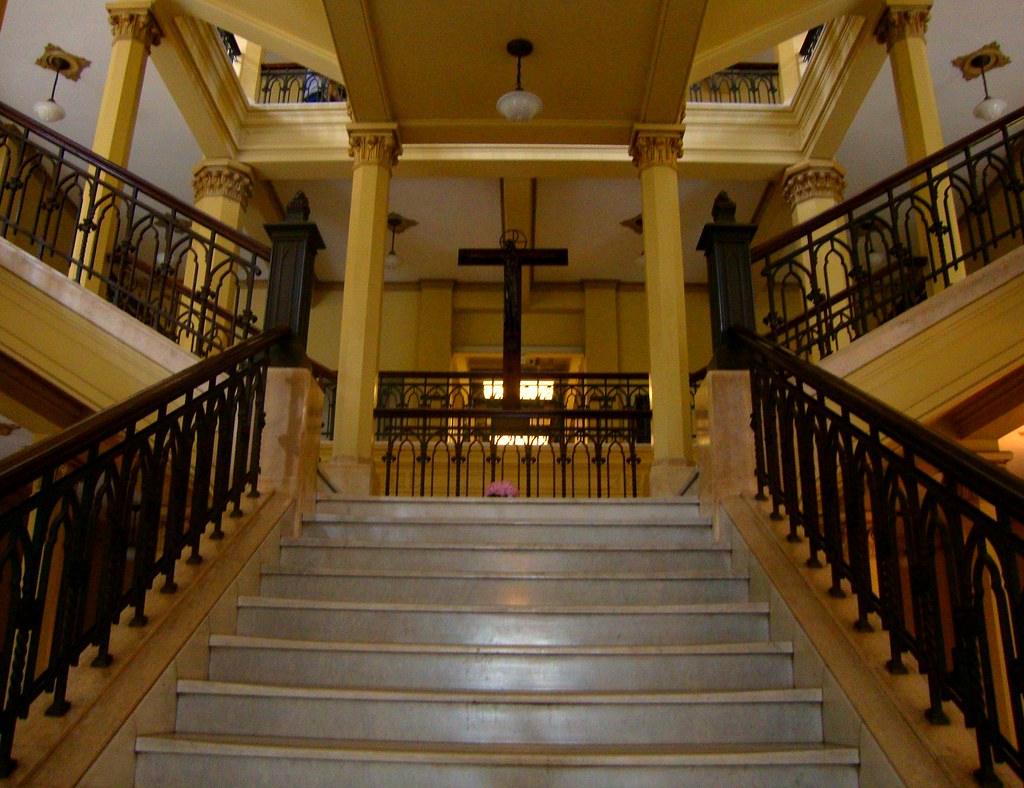RIO DE JANEIRO, BRAZIL – Apart from ButanVac and Versamune, two more new Brazilian immunizers against Covid-19 are in advanced stages to request authorization from the National Health Regulatory Agency (ANVISA) to start clinical trials in the country.
Last week, ANVISA received requests for authorization for tests with two other national immunizers against the new coronavirus, ButanVac, and Versamune.
The information is from the Ministry of Science, Technology and Innovations’ Research and Scientific Training Secretary, Marcelo Morales, who participated in a public hearing with senators from the Senate Covid-19 Temporary Committee on Monday, March 29.

One of these vaccines is a nasal spray. It is being developed by the Laboratory of Immunology of the Heart Institute of the Hospital das Clínicas, at USP’s School of Medicine, headed by physician Jorge Kalil Filho.
The immunizer does not use a syringe or needle. “There is an advantage in this vaccine: it increases the amount of immunoglobulin A in the respiratory tract and prevents the virus from entering the respiratory tract itself. So, these are second-generation vaccines, more technological, with the addition that we have invested, here at the Ministry of Science and Technology,” said Morales.
Another vaccine to combat Covid-19 is being developed at the Federal University of Minas Gerais by researcher Ricardo Gazzinelli. “It’s a vaccine that uses a platform of influenza virus and adenovirus. It is a bivalent vaccine for influenza and also for coronaviruses. This vaccine is also well advanced, and soon we will have the protocol at ANVISA”, guaranteed the secretary.
According to the Ministry of Science and Technology, once Phase 1 starts, which evaluates the vaccines’ safety in patients, it will be necessary to invest from R$20 (US$4) million to R$30 million. For Phase 2, which attests to the vaccine’s effectiveness, from R$200 million to R$320 million will be needed.
Increase in production
The possibility of increasing vaccine production in the country was also debated during the public hearing. According to the executive vice president of the National Union of Industries of Products for Animal Health, Emilio Salani, Brazil can mass-produce large volumes of inactivated vaccines in industrial plants of immunizers aimed at animal health.
According to Salani, some negotiations with the Butantan Institute in São Paulo, which produces CoronaVac, with inactivated virus, were initiated. After analyzing a series of technical questions answered by the Institute, the conclusion is that there is nothing foreign to the products already developed for animals.
“If there is a body – agencies, foundations, companies, whatever – that dominates the inactivated vaccines, we can unite, make contact with these companies with the vaccine manufacturers, so that they can analyze the possibility. This will not put at risk the supply of 300 million doses of vaccine against foot-and-mouth disease, officially demanded by the Ministry of Agriculture during the year 2021”, he said.
Concerning the vaccine production plants against foot-and-mouth disease, Emílio Salani explained that the country currently has three active plants, with biosafety level 3+, certified by the Ministry of Agriculture, Livestock and Supply (MAPA).
“It is a high standard for the production of animal health drugs (…). They are plants that are virus escape-proof, tributary treatments, with active doors, negative pressure gradients, that is: for any introduction of biological agent in these plants, we can guarantee the total control of it, the non-escape to the Brazilian territory”, Salani said.
A meeting to discuss this possibility will be held this afternoon between the National Union of Industries of Animal Health Products, Anvisa, and MAPA.
Sputnik V
During the public hearing this morning, the senators also pressed for speeding up the emergency use authorization for the Russian vaccine Sputnik V. The director of ANVISA, Meiruze Freitas, reaffirmed that there is no delay in the analysis of the immunizer.
The deadline for analysis of the request for emergency use of the vaccine, made for the second time last week, was suspended due to a lack of documents. “There are no databases available with all the countries that have evaluated the vaccine. However, this vaccine was authorized for early use by Russia and was authorized for emergency use by several countries in the world, among which I highlight Argentina and Mexico,” recalled the director.
Still, according to the expert, there are doubts, for example, about information regarding comparisons of manufacturing areas, especially the experimental vaccine with the commercial vaccine. “Different sites were presented. So, it is necessary to ensure that the manufacturing preserves the characteristics of the vaccine quality. The manufacturing process is always considered a critical point and needs to be known and evaluated by the regulatory authority. Then, there are requirements related to the validation part of the filtration, formulation, and cleaning process.”
“Information was also requested regarding the clinical study conducted in Russia to validate the vaccine’s efficacy profile and knowledge of adverse effects so that these indications are in the package insert, always evaluating benefits versus risks for an emergency use authorization.”
With all the documentation in hand, ANVISA will issue its opinion within seven working days.
Source: InfoMoney

